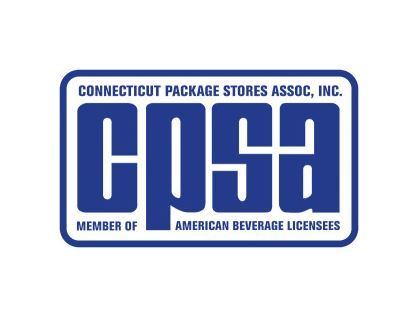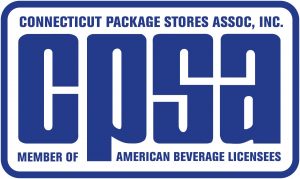

Sean Hughes, Account Director, Connecticut Package Stores Association.
By Sean Hughes, Connecticut Package Stores Association
If there is anything to learn from 2020 thus far, it is to expect the unexpected. No one could have guessed that in March of this year, Connecticut’s leaders would suspend the General Assembly’s legislative session indefinitely due to a pandemic. Subsequently, no one could have guessed that the legislative session would be officially closed in May, concluding only a tiny fraction of business. Of the hundreds of bills that were introduced, many of them pertained to the liquor industry and included environmental, regulatory and fiscal issues. Almost all of those bills died in 2020, but are expected to return in 2021 with a newly elected legislature to examine them.
At the start of the 2021 legislative session, several subjects are anticipated to be brought forward. One bill in particular would allow the retail sale of wine in grocery stores. Currently, wine is only allowed to be sold by those who hold a package store permit. Another similar concept, which has been before the General Law Committee multiple times, is to allow beer to be sold in gas stations and convenience stores. Both concepts have been rejected by past legislatures due to concerns brought forth by the liquor industry and other advocates, including substance abuse prevention groups.
Last session, the Massachusetts legislature approved the sale of all alcohol beverage products by gas stations. The Connecticut Package Stores Association estimates that allowing the sale of all alcohol beverage products by gas stations could result in the loss of 20% of beer sales in package stores, a 15% loss of wine sales, and a lesser amount of spirits sales.
Another bill from the 2020 session that is likely to reappear would increase the number of permits that one package store owner could possess from five to six. The General Law Committee membership did not believe that another increase in permits was necessary, since the number of permits one person could hold had already been increased in recent years.
 With the COVID-19 pandemic still active in Connecticut and the rest of the nation, the emergency powers of Gov. Ned Lamont and his executive orders have been extended past the September 9 deadline for another few months. Earlier on, Gov. Lamont signed an executive order allowing for restaurants to serve alcohol with to-go orders. In order for alcohol to be purchased from the restaurant, it had to be accompanied by food. There is a push by restaurants now and in the upcoming session to codify this provision into law, making the practice permanent.
With the COVID-19 pandemic still active in Connecticut and the rest of the nation, the emergency powers of Gov. Ned Lamont and his executive orders have been extended past the September 9 deadline for another few months. Earlier on, Gov. Lamont signed an executive order allowing for restaurants to serve alcohol with to-go orders. In order for alcohol to be purchased from the restaurant, it had to be accompanied by food. There is a push by restaurants now and in the upcoming session to codify this provision into law, making the practice permanent.
The most pressing issue, which could have a major impact on the liquor industry in Connecticut, is to expand the state’s “bottle bill” to include wine and liquor bottles, and possibly nips. There has been legislation and heavy advocacy among some legislators to pass these bottle bill inclusions in order to remove them from single-stream recycling. In the past, proposals would require the retailer to collect the bottles from customers, which would be picked up by the wholesaler. This is the same process for beer containers, which are already in the bottle bill. There have also been proposals presented to the Environment Committee, which would mandate the use of reverse vending machines in package stores to take back different containers. This would purportedly ensure that the materials are separated without contamination. In past legislative sessions, these proposals were not adopted.
With the 2020 elections only weeks away, the industry has to prepare to explain these issues to many new members of the legislature. The way the issues are presented will often determine how someone feels about an industry for their entire tenure as a legislator. It will be very important to be clear and concise. With a budget deficit in the billions of dollars and many Connecticut residents still unemployed, it will not be an easy task to tackle these main issues before the legislature, who will be under immense pressure to make cuts and find new revenue streams.
One such proposed revenue stream is legalizing sports betting. If I had to bet on what kind of legislative session 2021 will be for the retail liquor industry, I’d put all of my money on one of the most complex sessions we’ve seen in recent history.



